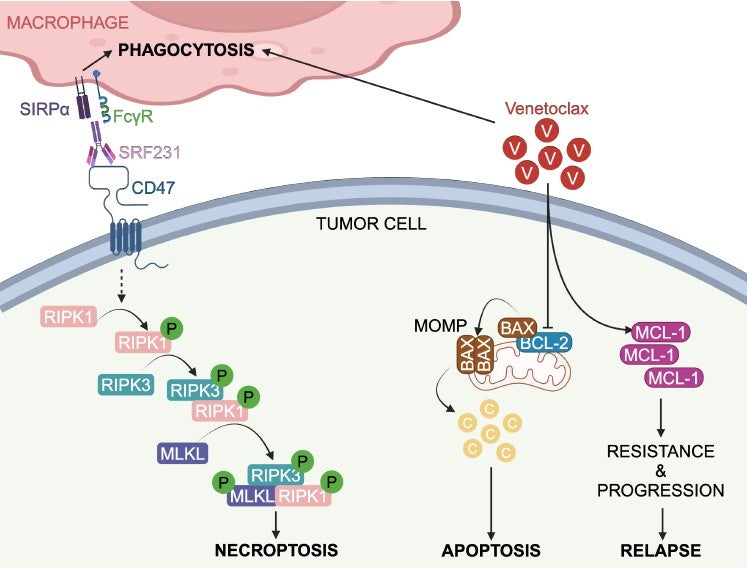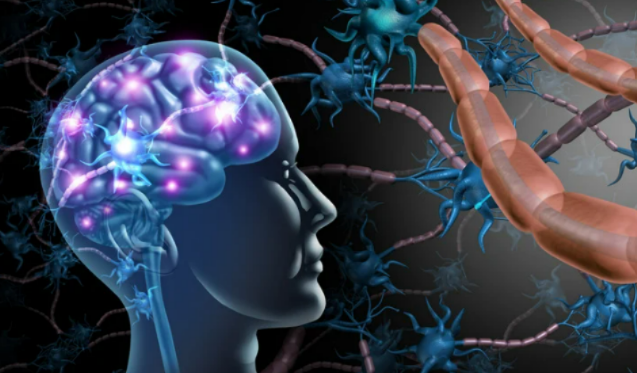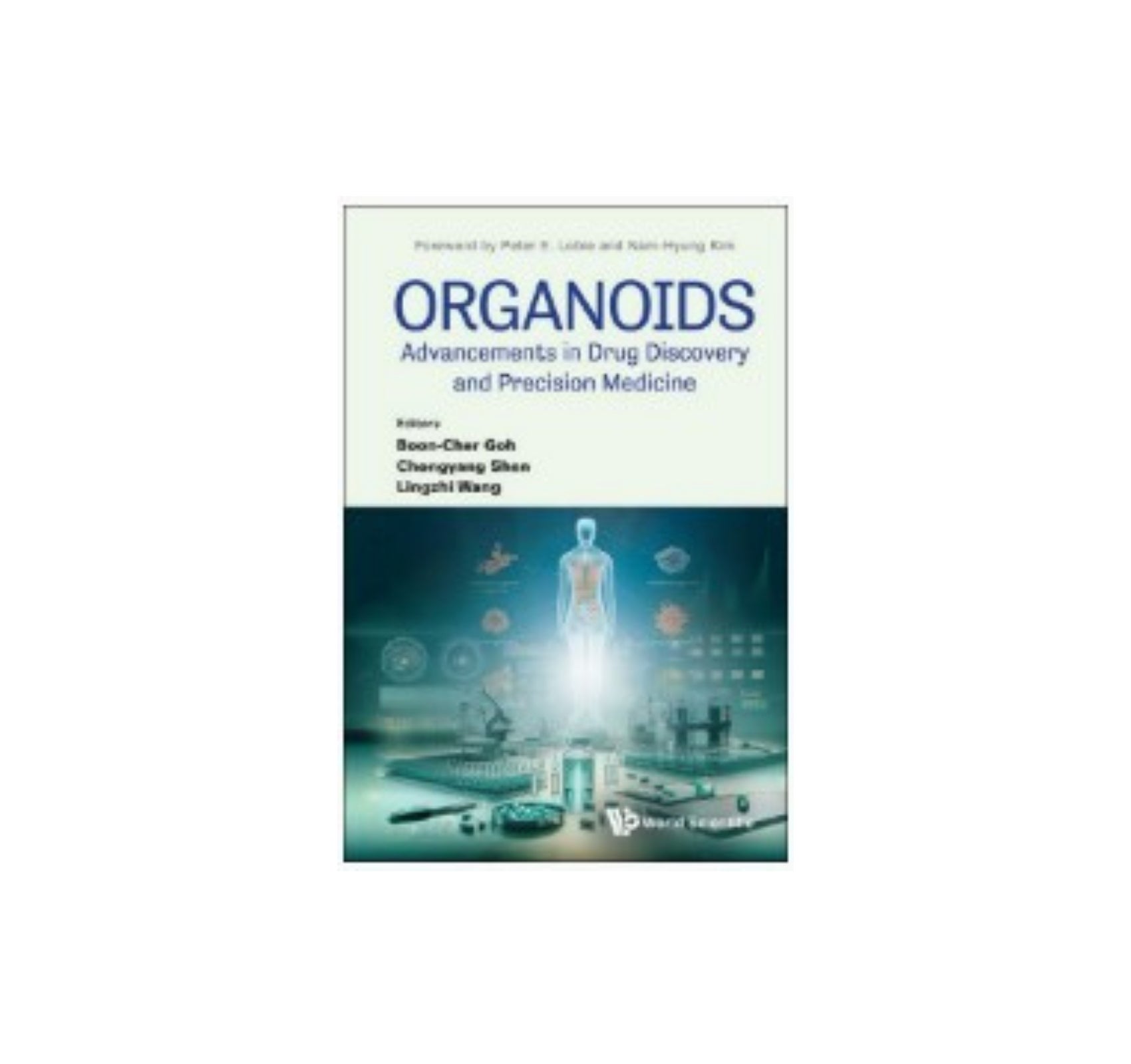Research led by N2CR member Dr. Cheok Chit Fang found that the tumour suppressor protein p53 protects DNA during replication by preventing the hyperactivation of PARP1 caused by oxidative stress. In the absence of p53, cells experience increased replication stress and DNA damage. The study revealed that p53 collaborates with the RRM2B gene to prevent this damage. Without both p53 and RRM2B, cells activate an antioxidant stress response involving NRF2, leading to PARP1 activation and degradation of newly replicated DNA. The enzyme G6PD was also identified as a key player in this process. This deeper understanding of the interactions between p53, PARP1, and redox metabolism could provide valuable insights for cancer treatments.
Click here to read more




